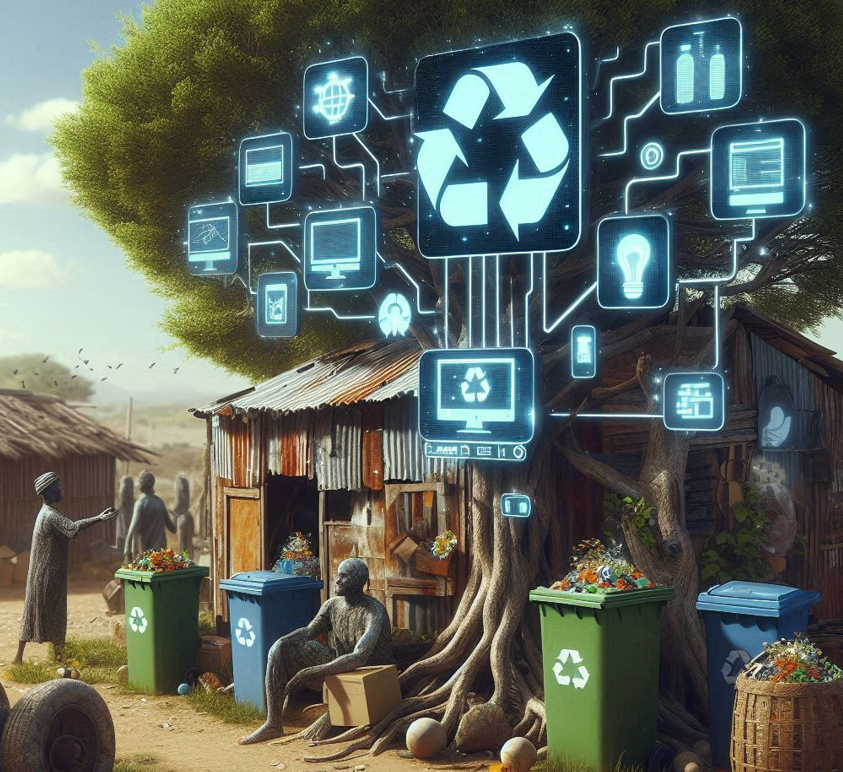Dar es Salaam. In the bustling streets of Dar es Salaam, technology-driven solutions are emerging to tackle the city’s growing waste crisis.
From digital platforms to smart bins, innovators are working to revolutionize waste management. However, with limited funding, weak policies, and resistance to change, can these solutions truly transform waste management, or will challenges hold them back?
This article explores some of the tech-driven solutions while also considering the role of informal waste collectors and their use in low-income areas or among low-income groups.
Digital platforms enhancing waste collection
In Kinondoni, I met Frank Ahadi, the founder of Afia Solutions, a waste management platform that streamlines waste collection by recording, tracking, and analyzing real-time data on waste collection and recycling operations.
“At Afia Solutions, we connect waste collection contractors licensed by the municipal council with waste producers, including households, restaurants, and marketplaces,” said Frank.
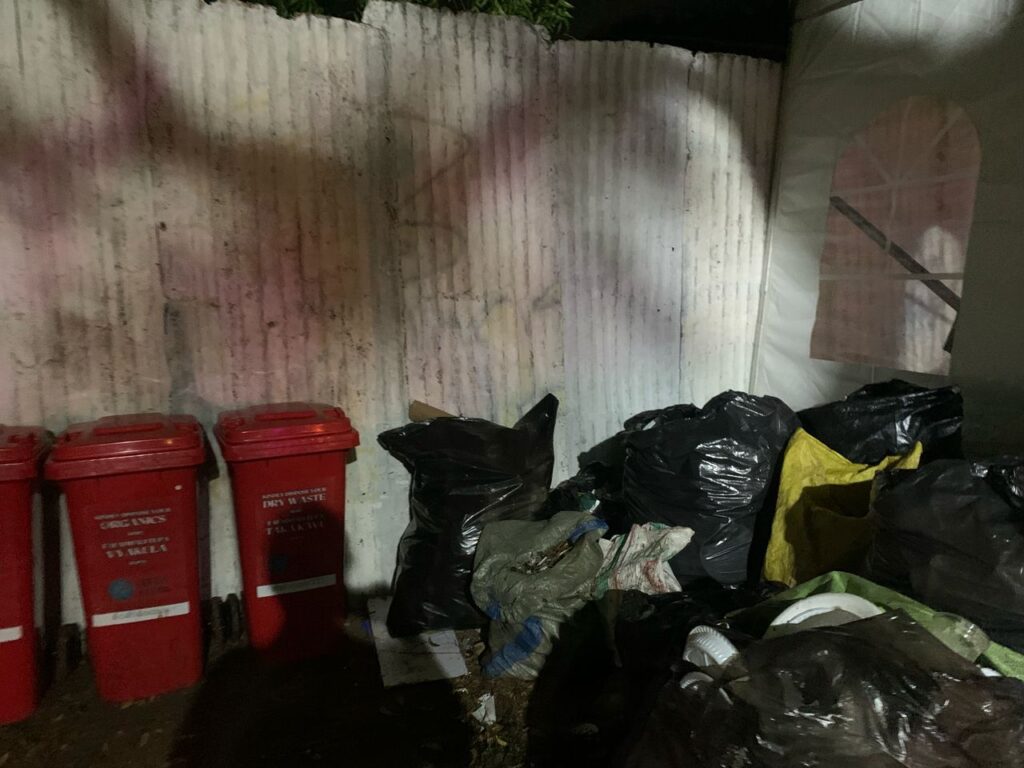
He explained that the platform records the amount of waste collected and allows waste producers to notify collectors when they have waste ready for pickup.
Additionally, Frank said, “We have developed a special system called the Waste Campaign, where we send SMS notifications to waste generators, reminding them to prepare their waste for collection, including sorting it for easier disposal.”
Afia Solutions also links waste collectors to recycling companies, including those processing plastic waste and organic waste into animal feed or fertilizer. The platform collects all data related to waste collection, helping improve decision-making in the future.
Another innovator, Jospeter John also in Dar es Salaam, has developed a platform called TakaBilaStress, which connects waste generators with collectors or recyclers.
“If you have waste, you simply upload a photo to the platform, which identifies the type of waste and alerts interested recyclers before they come to collect it,” explained Jospeter.
The platform also collects data on the amount of waste generated and recycled, helping authorities and businesses make informed decisions.
However, not all waste processors follow the traditional collection model. Some groups directly recycle waste rather than sending it to landfills, extracting or diverting valuable materials from going to waste.
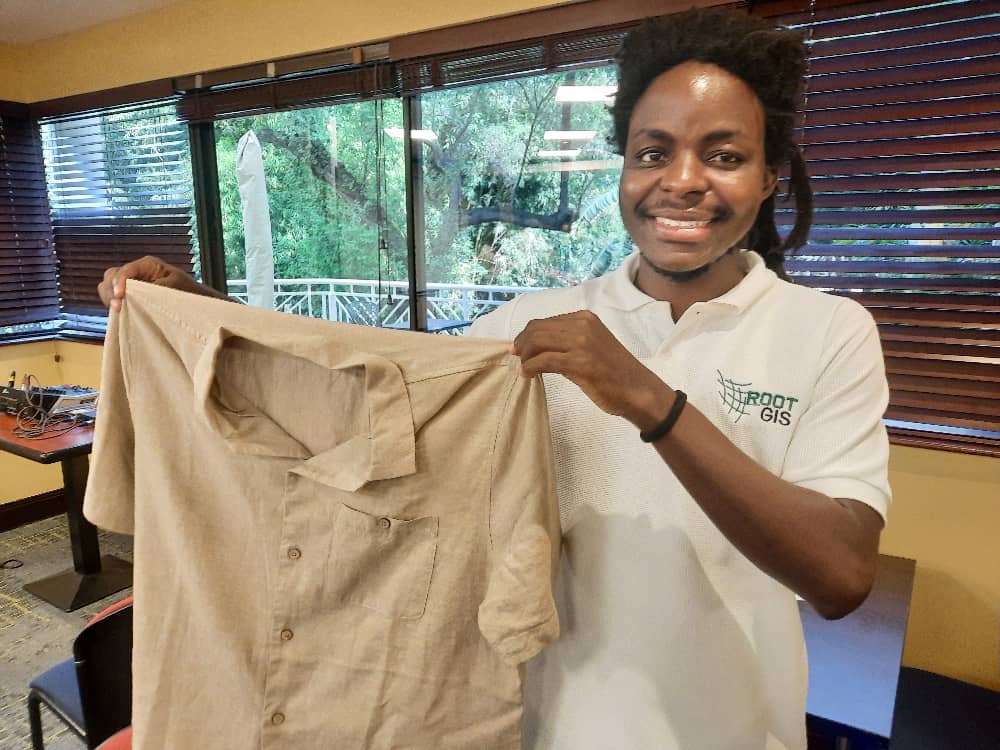
Community-based waste management initiatives
The Kimara Women’s Cooperative, supported by Nipe Fagio, an environmental sustainability NGO based in Bonyokwa, operates under a zero waste principle. They collect waste sorted into plastics, fruit waste, and organic household waste, ensuring each category is processed efficiently.
According to Rehema Tamimu, the cooperative’s chairperson, waste is either recycled, reused, or composted to create valuable resources.
Organic waste is turned into fertilizer using machines, which the women sell for at least Sh10,000 per kilogram. Additionally, fruit waste is fed to black soldier flies, whose larvae serve as animal feed for poultry and fish farmers, fetching Sh5,000 per kilogram.
While some tasks, such as waste sorting, are done manually, the cooperative uses technology to increase efficiency, particularly in producing insect-based feed and organic fertilizer. The cooperative also benefits from market linkages facilitated by Nipe Fagio and the Dar es Salaam City Council, ensuring a steady demand for their products.
Beyond waste processing, the initiative generates income through household waste collection services, charging between Sh2,000 and Sh5,000 per month.
Those who engage in similar activities include Buyuni Compost, the Jitegemee Maarifa Group based in Chanika, and Tufashanwe, which is based in Majohe—both located in Ilala Municipality.
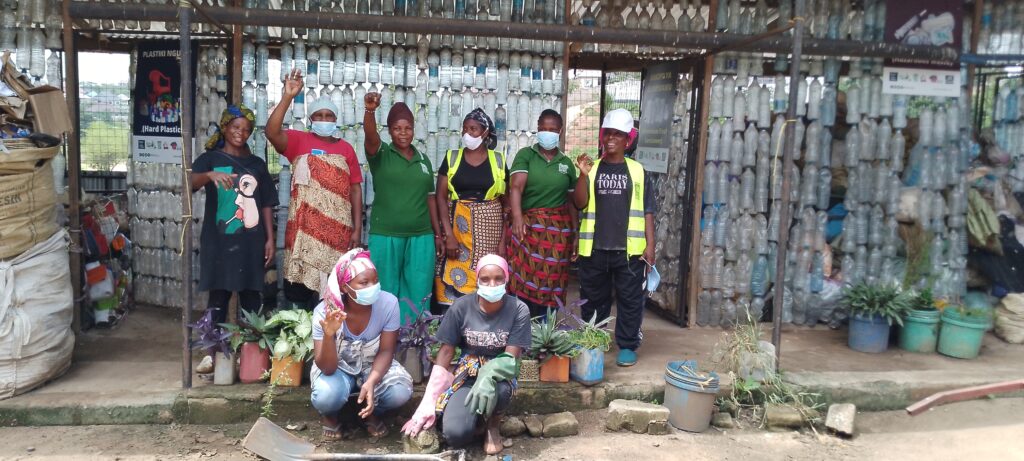
Challenges facing waste management innovations
Despite the progress made, several challenges hinder the full potential of tech-driven waste management solutions.
One major issue is the lack of recognition for independent waste collectors by municipal councils.
Frank Ahadi pointed out another challenge: “Public awareness is still low. Even after educating people about sorting waste, many still fail to separate their waste, reducing its value.”
Additionally, he noted that despite being a small company, they must compete for municipal waste collection tenders, which often require extensive experience and proof of previous work, making it difficult for startups to secure contracts.
Jospeter John echoed these concerns, adding that financial constraints limit their ability to run public awareness campaigns and expand their services.
Rehema Tamimu highlighted the social stigma surrounding waste collection. “People look down on us because of the clothes we wear, not realizing that waste collection is a respectable job,” she said.
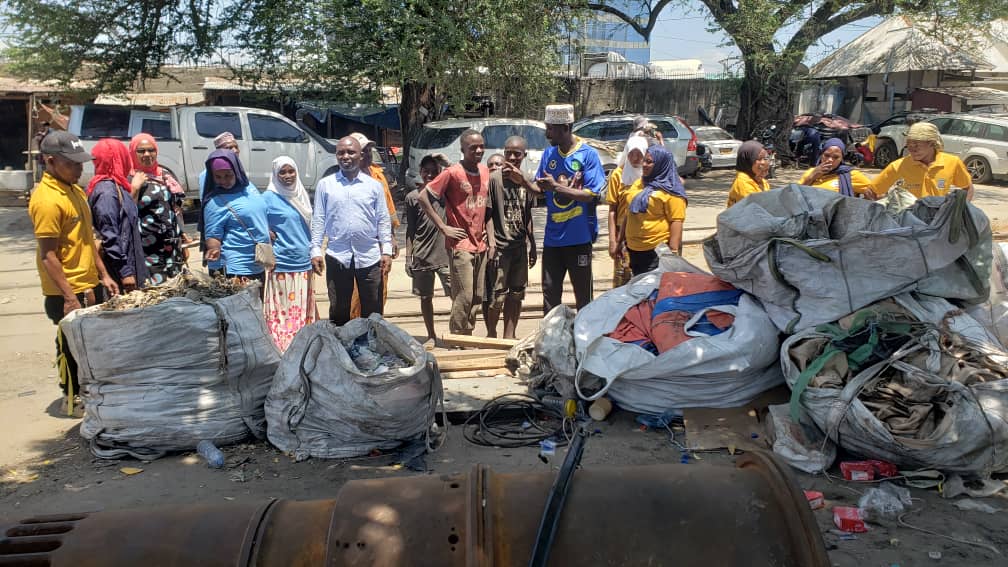
Opportunities
Frank Ahadi sees a major opportunity in organic waste recycling, which is often overlooked compared to plastic, paper, and glass recycling.
“There’s a lot of competition in solid waste recycling, but organic waste is the most produced waste type, and the market is still untapped. That is an opportunity” he noted.
He also mentioned that some municipal contractors have recognized the value of their technology and are interested in adopting it.
“We secured an agreement with one contractor who was willing to use our platform. Although they didn’t win the tender, we still work with them, and more contractors are showing interest,” he explained.
Geophrey Zenda, the Principal Environmental Health Officer for Waste Management and Sanitation at Ilala Municipal Council says tech-driven solutions in waste management improve resource recovery by reducing reliance on new raw materials and conserving natural resources.
Further noted that, “They also create job opportunities within the sector, contributing to economic growth. Better waste management leads to environmental benefits such as reduced pollution and lower greenhouse gas emissions”.
Also, “scaling up these solutions further drives innovation and technological advancements, enhancing efficiency and sustainability in waste management”.
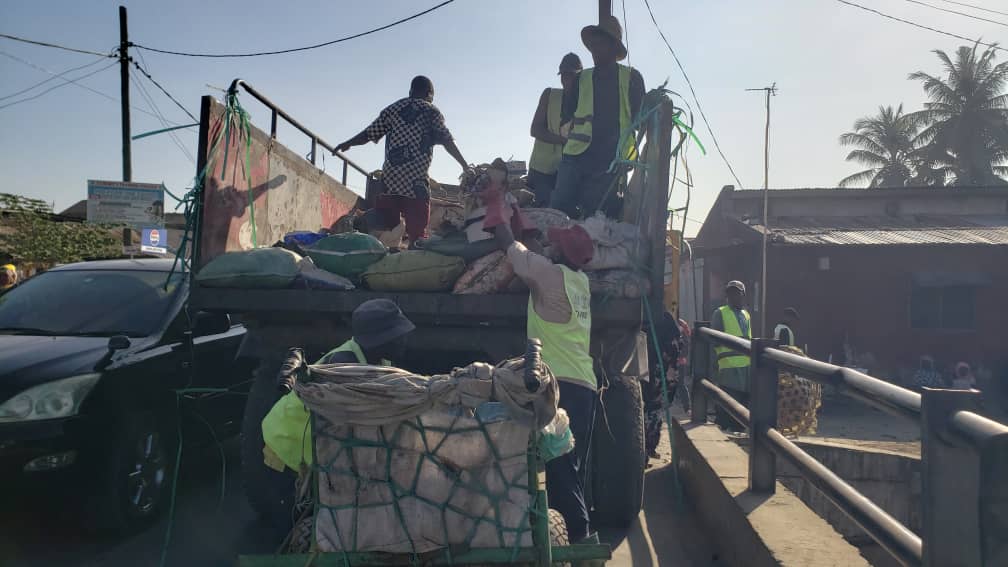
Institutional efforts
Sarah Pima, Director of the Human Dignity and Environment Organization (HUDEFO), emphasized that legal recognition for informal waste collectors remains a challenge.
“Small groups and individuals who collect waste as a livelihood are not officially recognized. That’s why we are advocating for their inclusion in policies,” she explained.
However, she acknowledged some progress, as more waste collectors are being formally identified and supported. She urged municipal authorities to provide loans, machines, electricity, and training to improve waste management efforts.
To address these challenges, HUDEFO has established the Dar es Salaam Waste Pickers Network (MTAWADA) to organize and support informal waste collectors.
“This network helps waste pickers gain recognition and makes it easier for them to receive assistance from local authorities,” Sarah said.
Municipal efforts to recognize waste collectors
Geophrey Zenda, stressed the need to scale up waste management technology solutions through supportive policies, public-private partnerships, and community education.
He cited an example of how the municipality previously penalized informal waste collectors but has now integrated them into the system.

“In the past, unregistered waste collectors were fined and arrested. Now, we have engaged with them and recognized their role, especially in areas like Vingunguti, where formal contractors were reluctant to operate due to financial constraints and difficult terrain,” said Zenda.
The council has provided these collectors with training in health, leadership, and business management, enabling them to form registered groups and secure municipal waste collection tenders in areas like Butiama and Miembeni.
Additionally, some groups have adopted biodegradation technology for organic waste and advanced sorting for recyclable materials. All previously unregistered waste collector groups are now officially recognized by the Dar es Salaam City Council.
Knowing that as part of the project Dar es Salaam Urban Resilience project (DURP) organized a hackathon in February this year and working with a selection of innovators, so they can establish and expand. They see this as an important pathway to invest for improved waste management in future.
E


